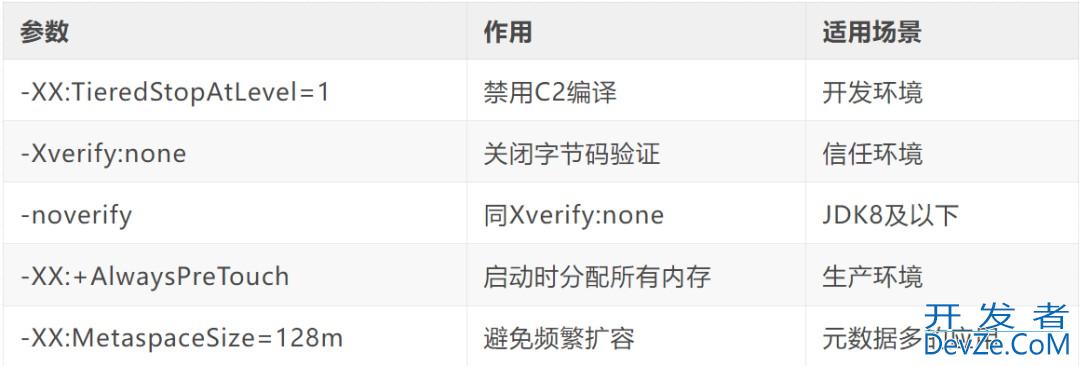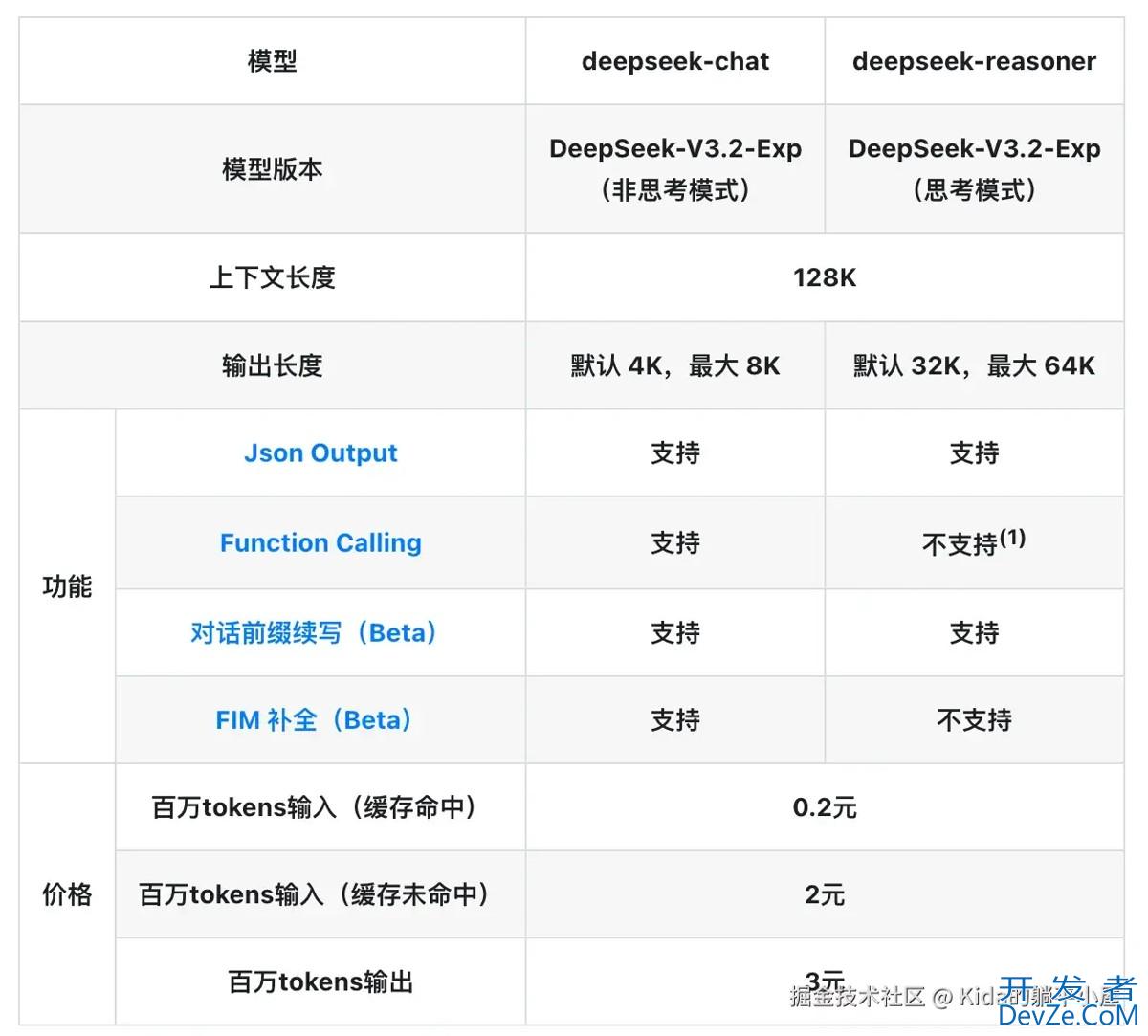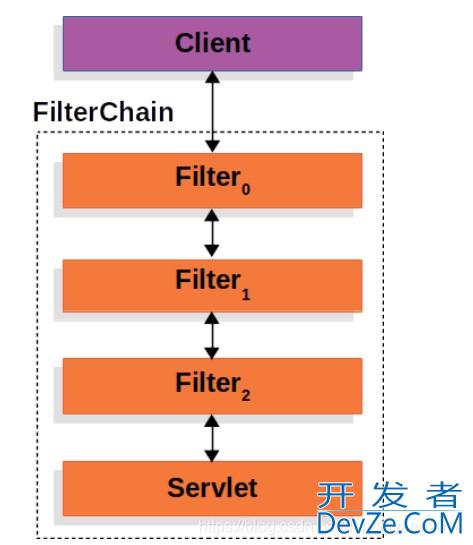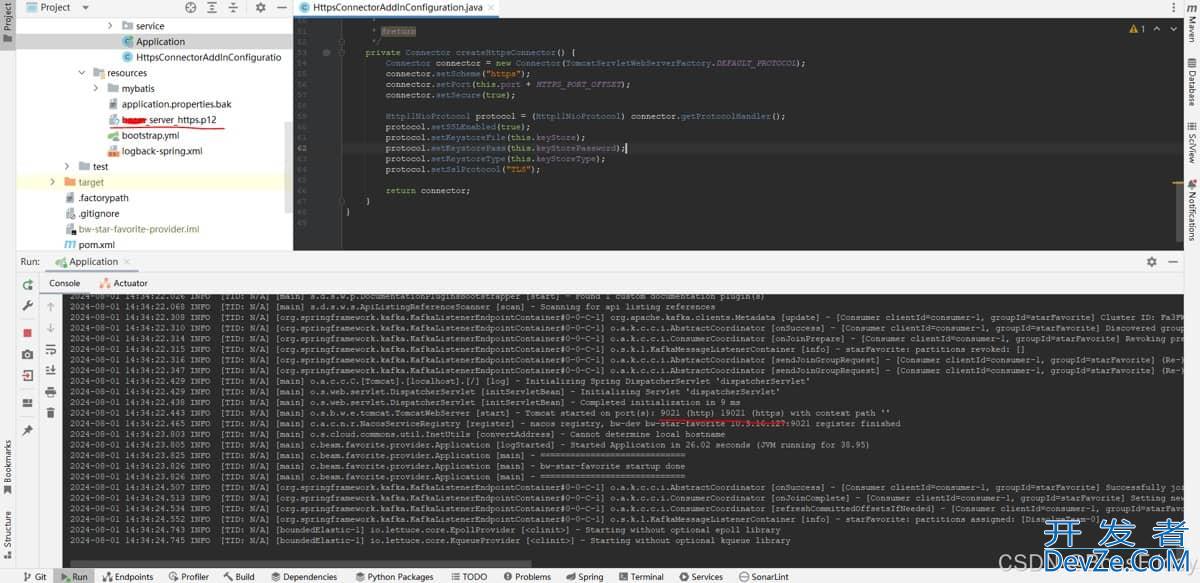目录
- C++ Qt监控文件状态变化
- 定义头文件 filesystem.h
- 实现头文件 filesystem.cpp
- 主程序main.cpp代码中
- 总结
C++ Qt监控文件状态变化
QFileSystemWatcher 是 Qt 框架中的一个类,用于监视文件和目录的变化。
它提供了一种机制,可以在文件系统中的特定文件或目录发生变化时通知应用程序。
以下是 QFileSystemWatcher 的主要特性和用法:
- 文件和目录监视:
QFileSystemWatcher可以监视一个或多个文件和目录,以便在它们发生变化时接收通知。 - 变化类型: 支持的变化类型包括文件或目录的创建、修改、删除等。
- 异步通知: 当被监视的文件或目录发生变化时,
QFileSystemWatcher会发出相应的信号,例如fileChanged或directoryChanged信号。 - 跨平台支持: 可在不同平台上运行,包括 Windows、linux、和 MACOS 等。
- 简单易用: 使用方便,只需连接相应的信号槽即可处理文件系统变化的通知。
在示例中,QFileSystemWatcher 被用于监视文件和目录的变化。
当文件内容被修改或目录中的文件被删除时,相应的信号槽会被触发,从而执行相应的操作。
定义头文件 filesystem.h
#ifndef FILESYSTEM_H
#define FILESYSTEM_H
#include <QObject>
#include <QMap>
#include <QFileSystemWatcher>
class FileSystemWatcher : public QObject
{
Q_OBJECT
public:
static void addwatchPath(QString path);
public slots:
void directoryUpdated(const QString &path); // 目录更新时调用,path是监控的路径
void fileUpdated(const QString &path); // 文件被修改时调用,path是监控的路径
private:
explicit FileSystemWatcher(QObject *parent = 0);
private:
statijsc FileSystemWatcher *m_pInstance; // 单例
QFileSystemWatcher *m_pSystemWatcher; // QFileSystemWatcher变量
QMap<QString, QStringList> m_currentContentsMap; // 当前每个监控的内容目录列表
};
#endif // FILESYSTEM_H
实现头文件 filesystem.cpp
#include <QDir>
#include <QFileInfo>
#include <qDebug>
#include "filesystem.h"
FileSystemWatcher* FileSystemWatcher::m_pInstance = NULL;
FileSystemWatcher::FileSystemWatcher(QObject *parent)
: QObject(parent)
{
}
// 监控文件或目录
void FileSystemWatcher::addWatchPath(QString path)
{
qDebug() << QString("Add to watch: %1").arg(path);
if (m_pInstance == NULL)
{
m_pInstance = new FileSystemWatcher();
m_pInstance->m_pSystemWatcher = new QFileSystemWatcher();
// 连接QFileSystemWatcher的directoryChanged和fileChanged信号到相应的槽
connect(m_pInstance->m_pSystemWatcher, SIGNAL(directoryChanged(QString)), m_pInstance, SLOT(directoryUpdated(QString)));
connect(m_pInstance->m_pSystemWatcher, SIGNAL(fileChanged(QString)), m_pInstance, SLOT(fileUpdated(QString)));
}
// 添加监控路径
m_pInstance->m_pSystemWatcher->addPath(path);
// 如果添加路径是一个目录,保存当前内容列表
QFileInfo file(path);
if (file.isDir())
{
const QDir dirw(path);
m_pInstance->m_currentContentsMap[path] = dirw.entryList(QDir::NoDotAndDotDot | QDir::AllDirs | QDir::Files, QDir::DirsFirst);
}
}
// 只要任何监控的目录更新(添加、删除、重命名),就会调用。
void FileSystemWatcher::directoryUpdated(const QString &path)
{
qDebug() << QString("Directory updated: %1").arg(path);
// 比较最新的内容和保存的内容找出区别(变化)
QStringList currEntryList = m_currentContentsMap[path];
const QDir dir(path);
QStringList newEntryList = dir.entryList(QDir::NoDotAndDotDot | QDir::AllDirs | QDir::Files, QDir::DirsFirst);
QSet<QString> newDirSet = QSet<QString>::fromList(newEntryList);
QSet<QString> currentDirSet = QSet<QString>::fromList(currEntryList);
// 添加了文件
QSet<QString> newFiles = newDirSet www.devze.com- currentDirSet;
QStringList newFile = newFiles.toList();
// 文件已被移除
QSet<QString> deletedFiles = currwww.devze.comentDirSet - newDirSet;
QStringList deleteFile = deletedFiles.toList();
// 更新当前设置
m_currentContentsMap[path] = newEntryList;
if (!newFile.isEmpty() && !deleteFile.isEmpty())
{
// 文件/目录重命名
if ((newFile.count() == 1) && (deleteFile.count() == 1))
{
qDebug() << QString("File Renamed from %1 to %2").arg(deleteFile.first()).arg(newFile.first());
}
}
else
{
// 添加新文件/目录至Dir
www.devze.com if (!newFile.isEmpty())
{
qDebug() << "New Files/Dirs added: " << newFile;
foreach (QString file, newFile)
{
// 处理操作每个新文件....
}
}
// 从Dir中删除文件/目录
if (!deleteFile.isEmpty())
{
qDebug() << "Files/Dirs deleted: " << deleteFile;
foreach(QString file, deleteFile)
{
// 处理操作每个被删除的文件....
}
}
}
}
// 文件修改时调用
void FileSystemWatcher::fileUpdated(const QString &path)
{
QFileInfo file(path);
QString strPath = file.absolutePath();
QString strName = file.fileName();
qDebug() << QString("The file %1 at path %2 is updated").arg(strName).arg(strPath);
}
主程序main.cpp代码中
直接调用
FileSystemWatcher::addWatchPath("c://test");
监控C盘下的test目录,当有文件发生变化时自动触发。
#include <QCoreApplication>
#include "filesystem.h"
int main(int argc, char *argv[])
{
QCoreApplication a(argc, argv);
FileSystemWatcher::addWatchPath("c://test");
return编程 a.exec();
}
总结
以上为个人经验,希望能给大家一个参考,也希望大家多多支持编程客栈(www.devze.com)。







 加载中,请稍侯......
加载中,请稍侯......
精彩评论